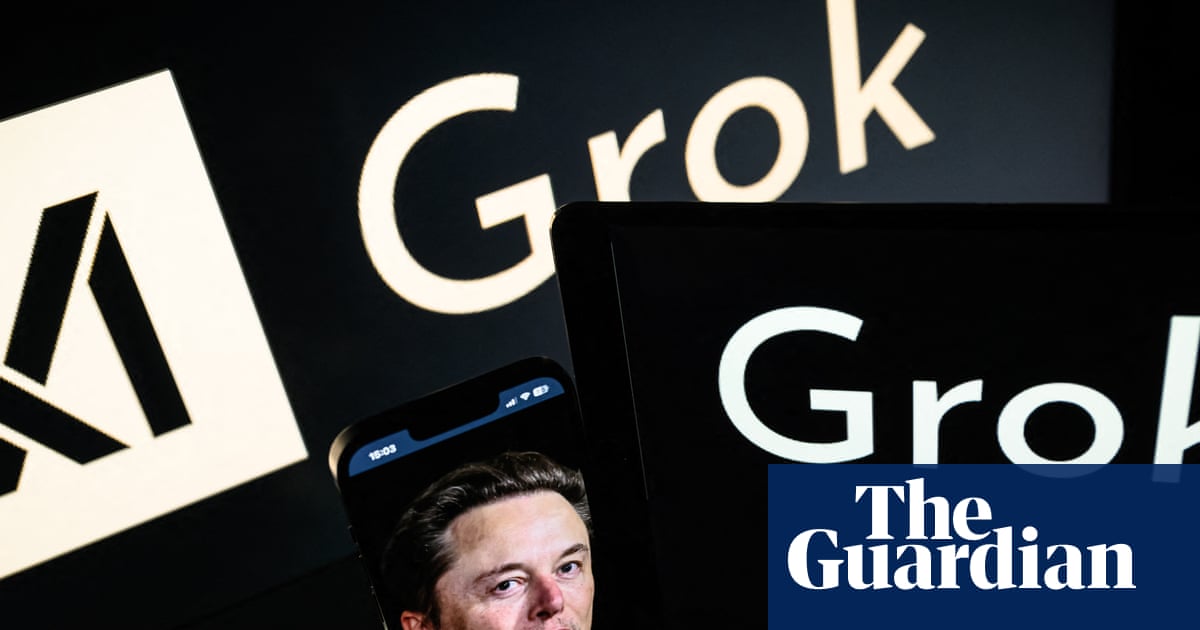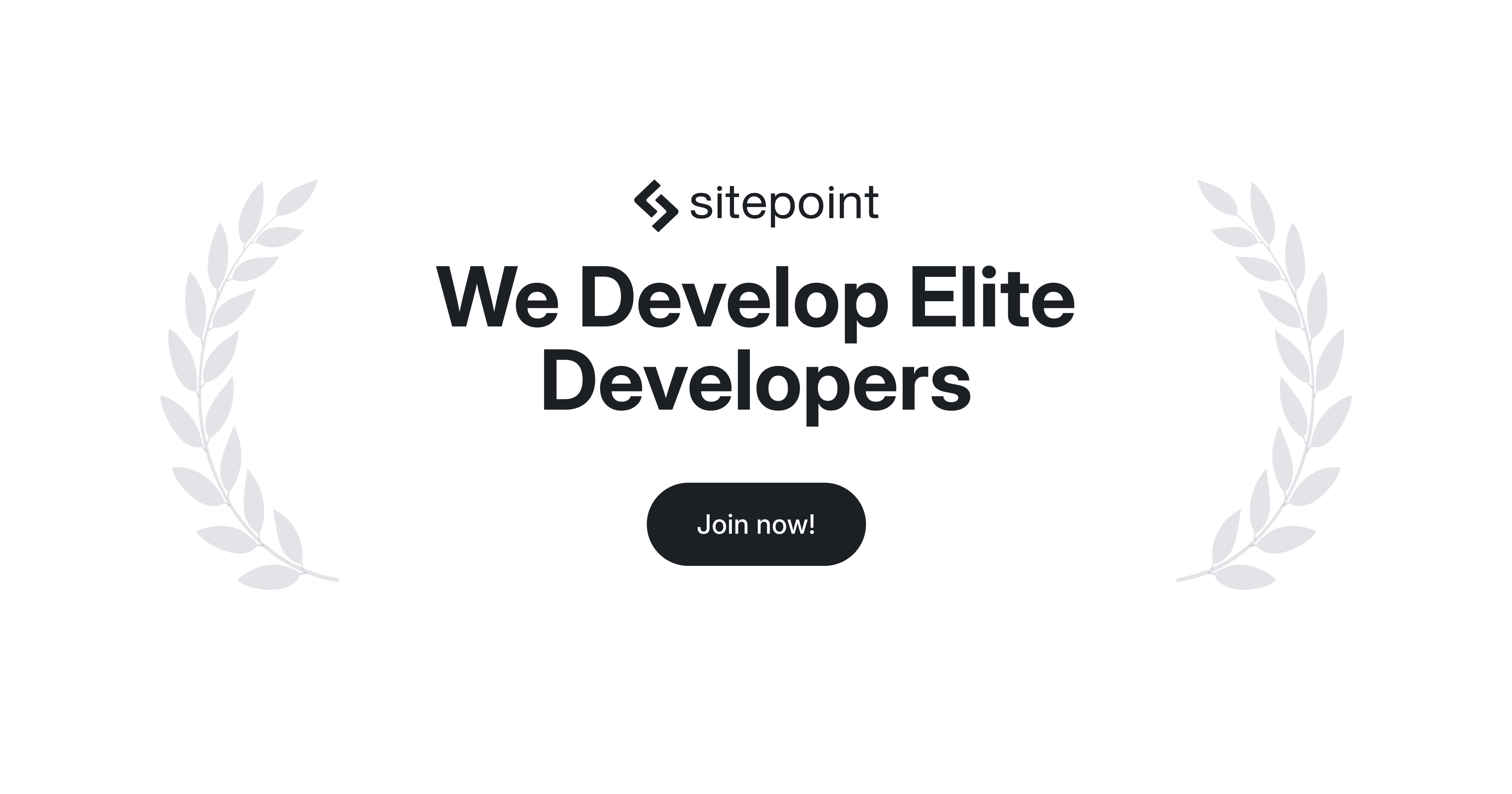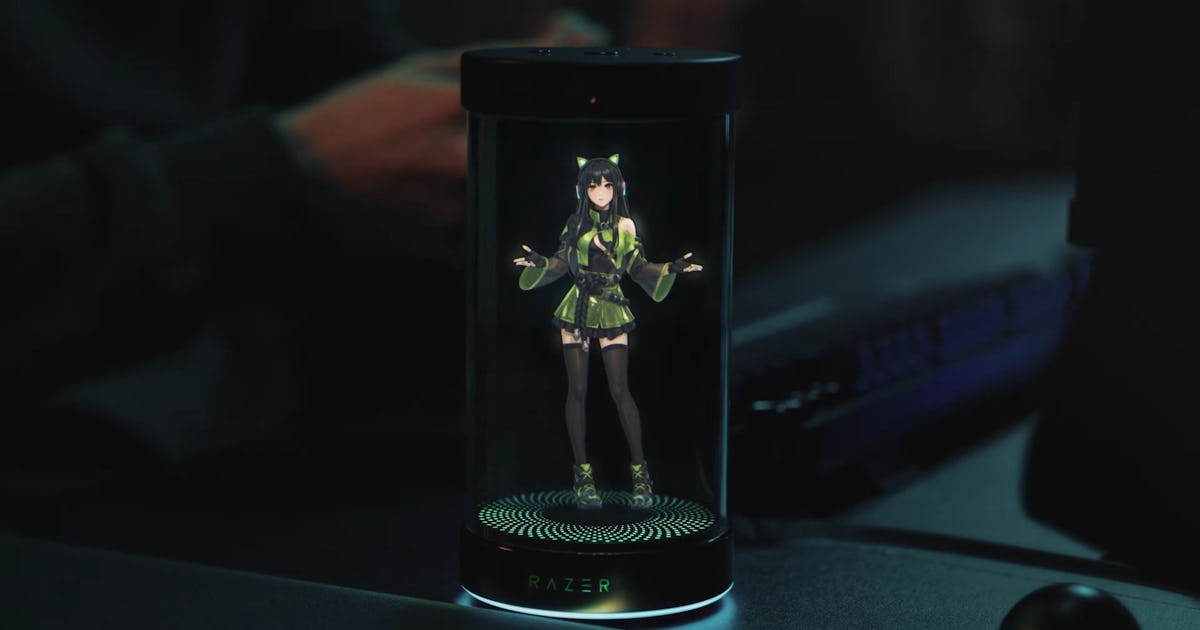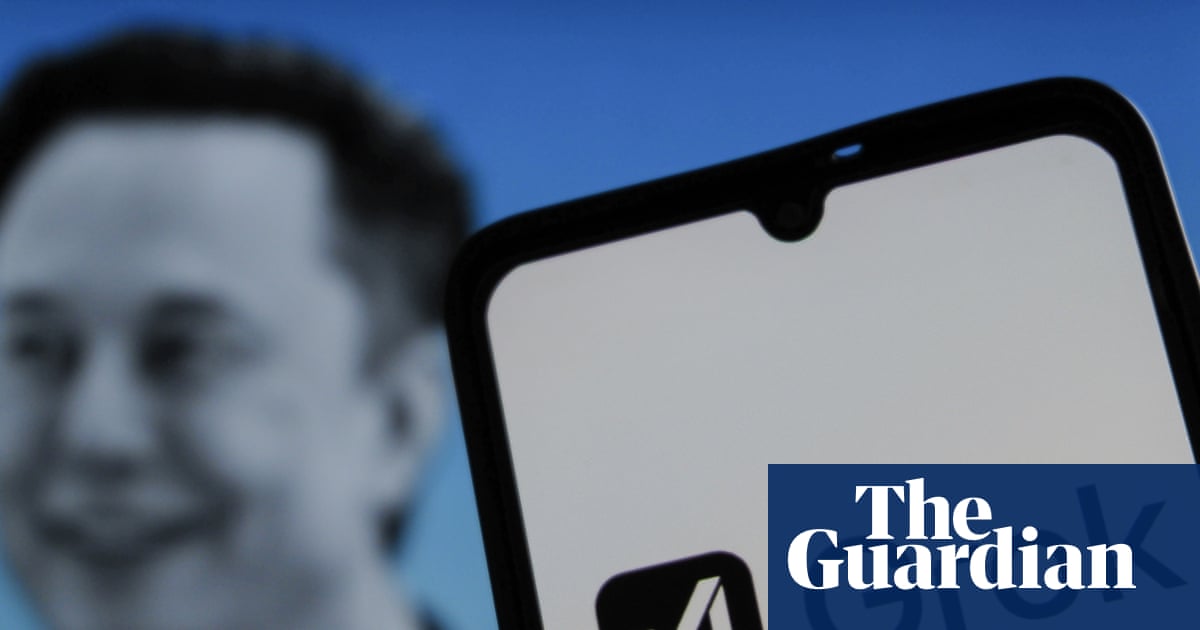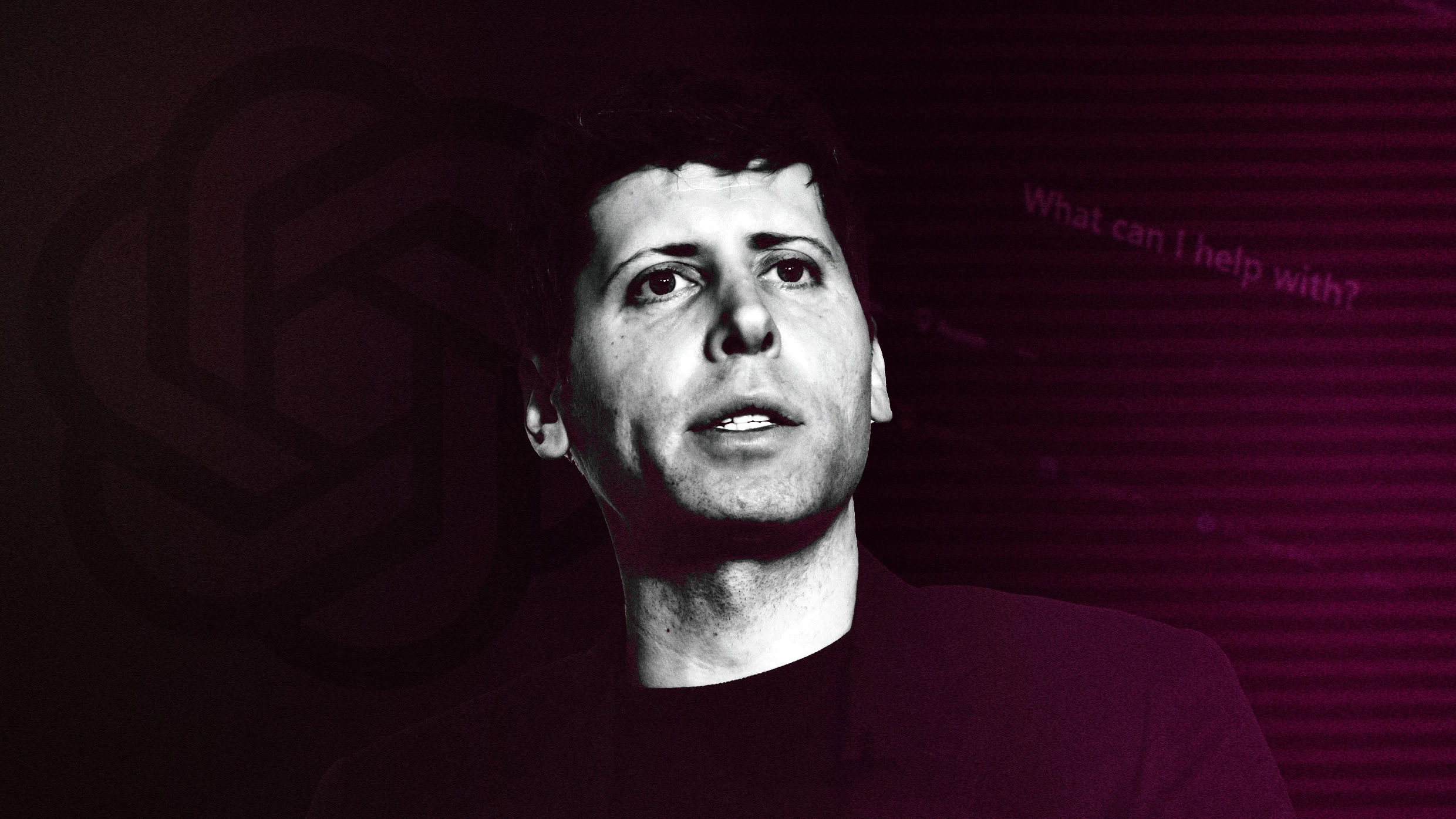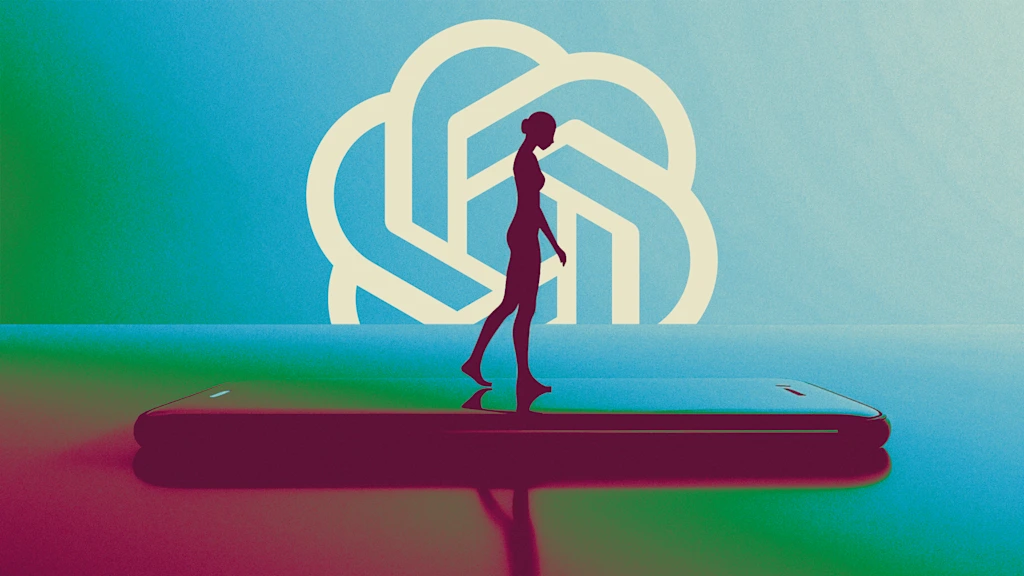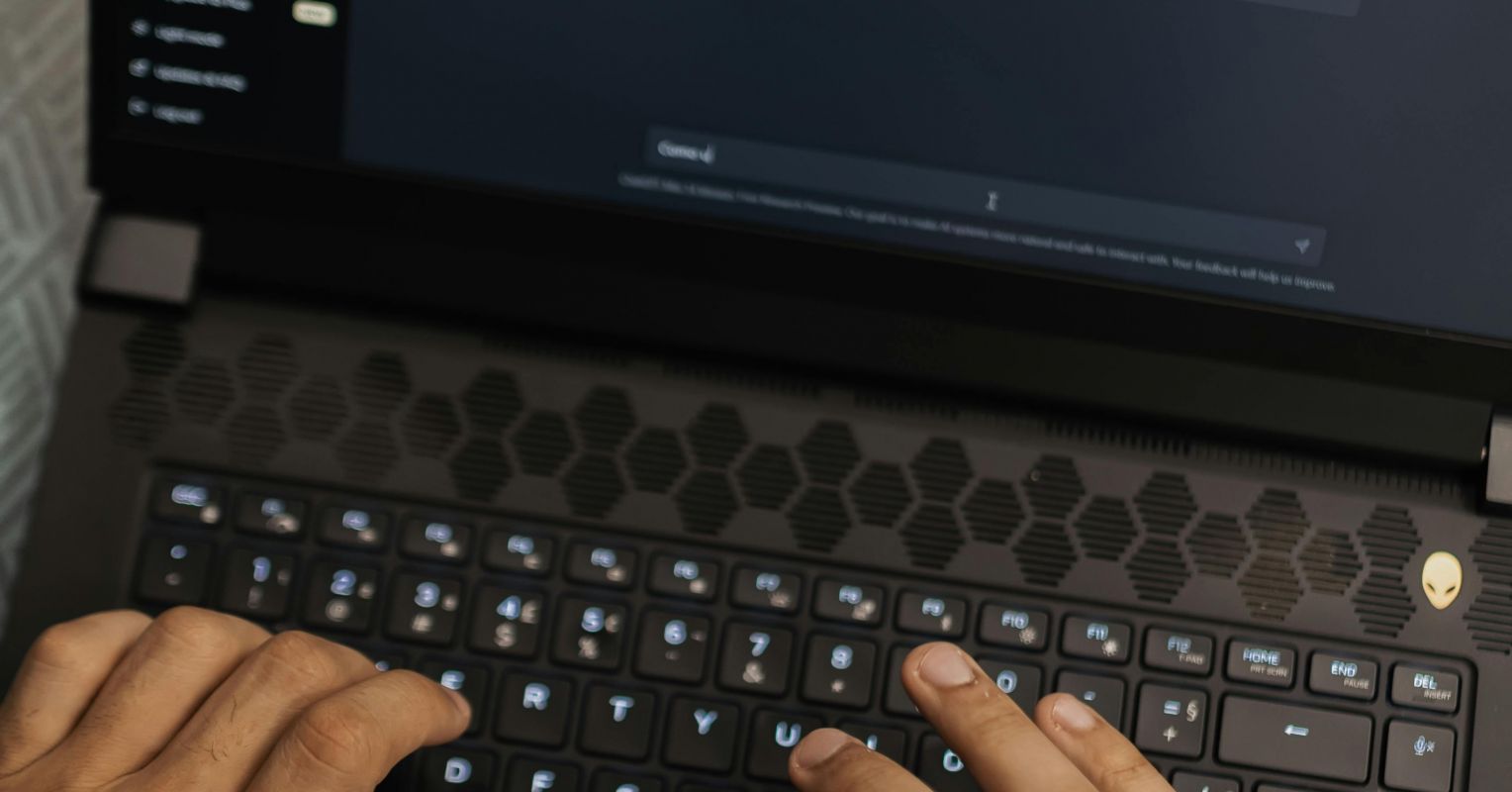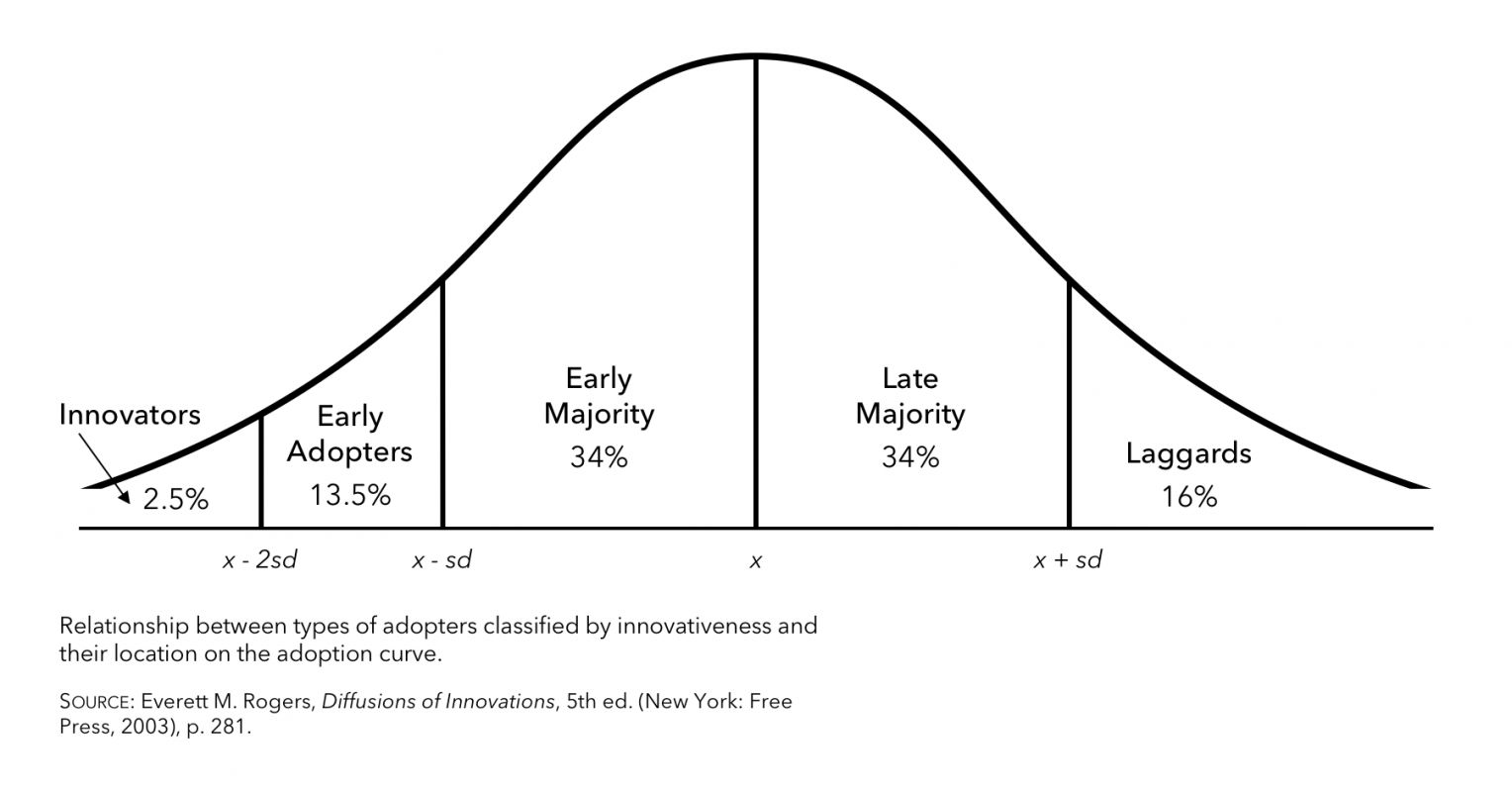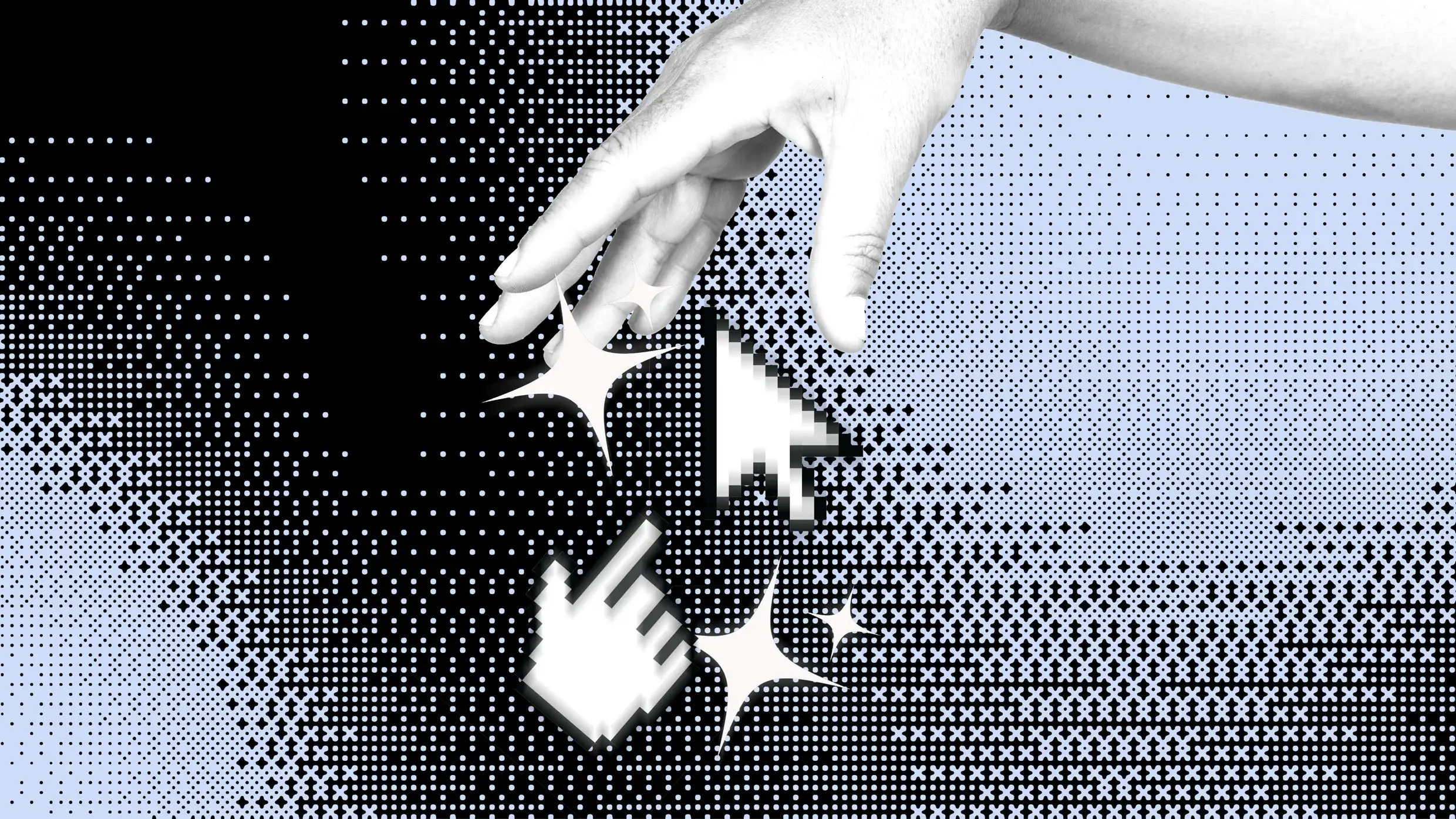fromPsychology Today
18 hours agoMy Secret to Avoid Drifting in the New Year
This past fall, OpenAI, the source of the ChatGPT app that 800 million people now use every week, chose to restructure its organization to prioritize generating revenue for stakeholders over providing ethical and objective information for the world. Reporter Frank Landymore summarized the decision: "The move completes the company's metamorphosis: from its origins as a non-profit devoted to developing open source AI technology for the betterment of humankind to the closed-source, profit- seeking juggernaut that it is today, with its staggering half-trillion dollar valuation."
Artificial intelligence



